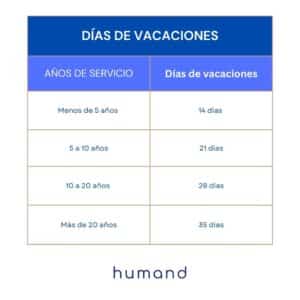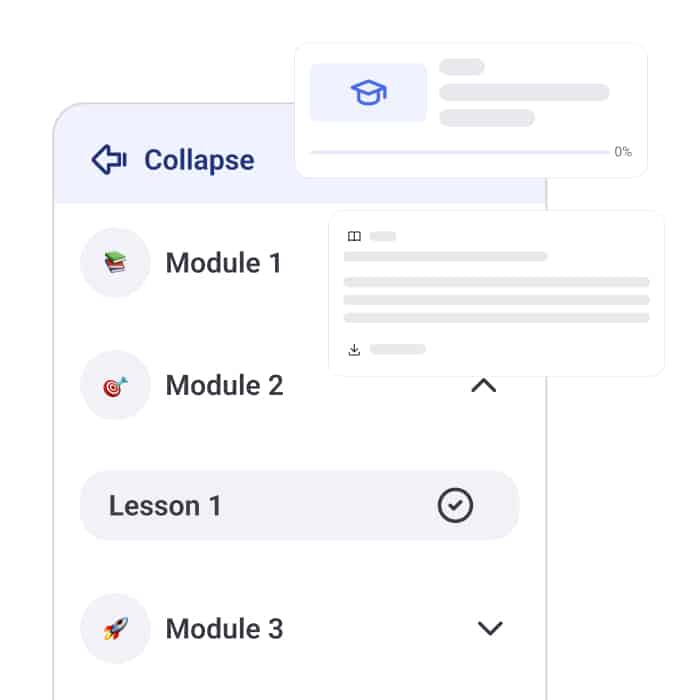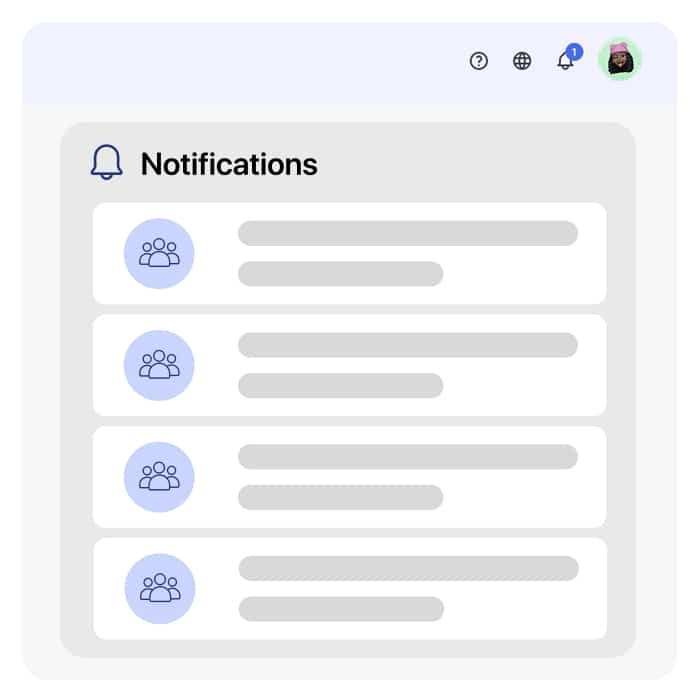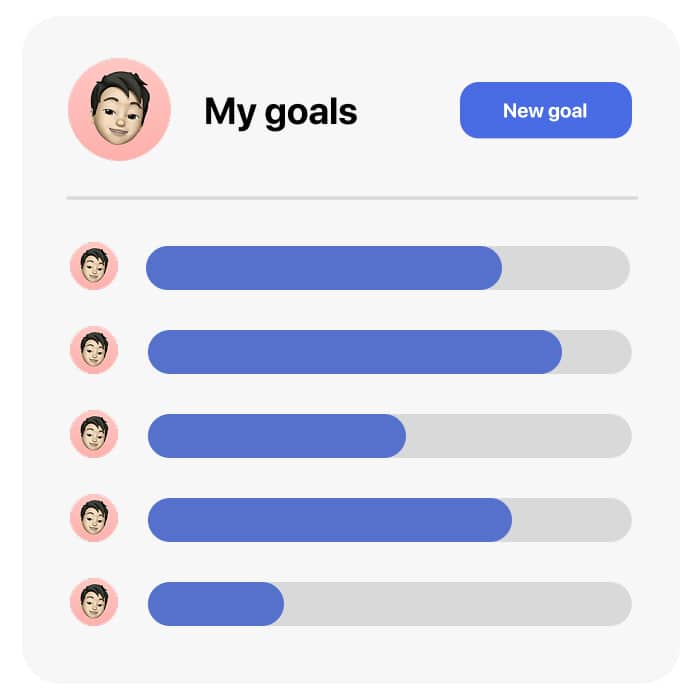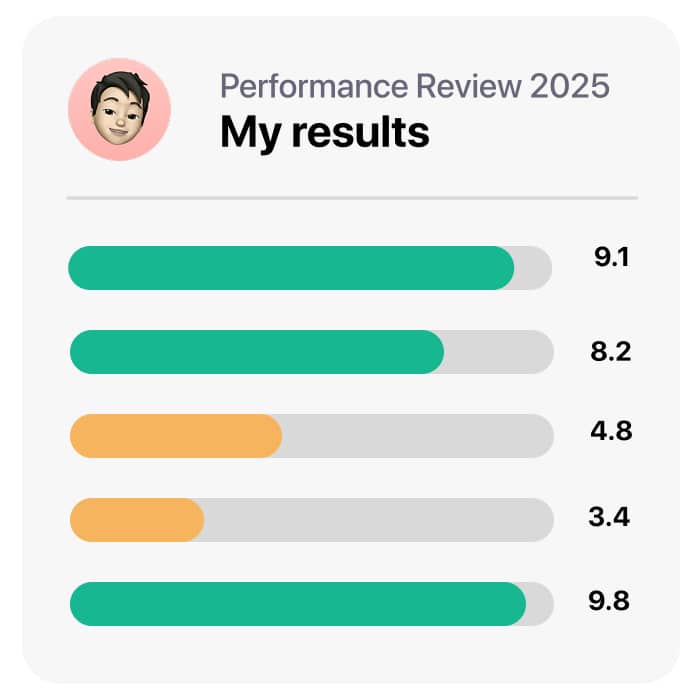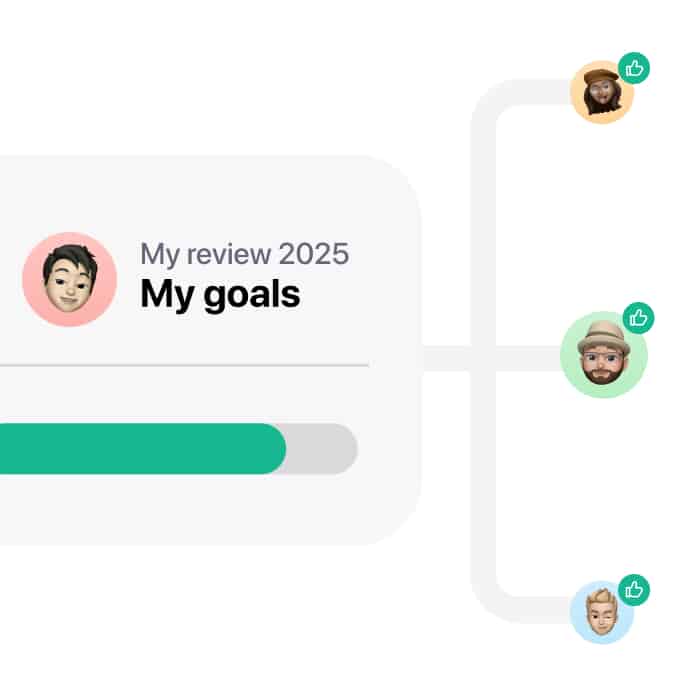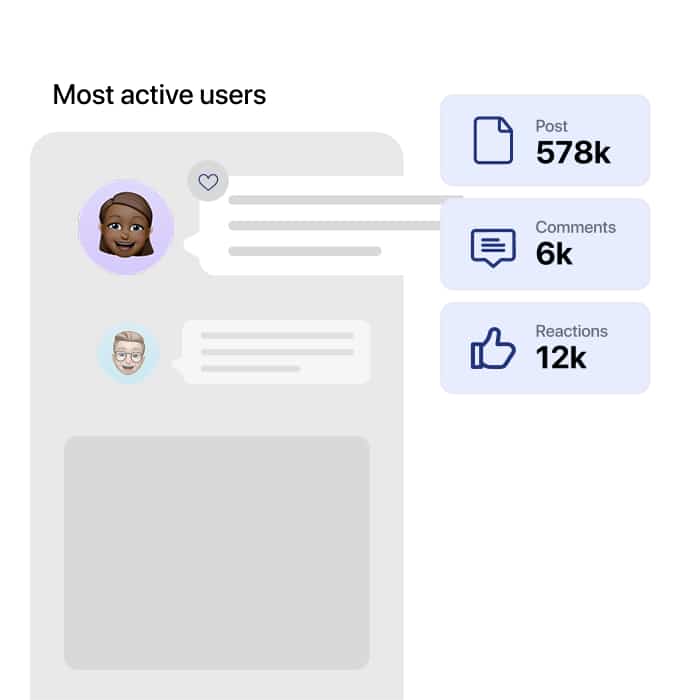Introduction
Did you know that accurately calculating your employees’ PTO can significantly impact their job satisfaction and your company’s legal compliance? This crucial aspect of human resources management not only ensures that your organization remains within the legal framework but also contributes to a more positive work environment.
Understanding how to calculate paid time off according to Argentina’s Employment Contract Law is essential for any HR professional. This law sets the necessary guidelines for correctly determining the days of rest due to each employee, based on their seniority and other specific conditions.
The purpose of this article is to guide you through the paid time off calculator process according to the law, providing you with the information and tools needed to optimize the management of this aspect in your organization. With this ultimate guide, you can ensure legal compliance and foster a healthier work environment.
Legal Foundations of accrued paid time off in Argentina
Employment Contract Law of Argentina
As mentioned, correctly calculating PTO is essential for legal compliance and job satisfaction. The Employment Contract Law of Argentina sets the necessary guidelines for this calculation. This regulation ensures that all workers enjoy a fair period of rest, reflecting the commitment of companies to their employees.
Definition of PTO
PTO, paid time off, is a fundamental right of employees each year. This period is crucial for workers to recover both physically and mentally, improving their well-being and increasing their productivity upon returning to work. Vacations not only benefit the employee but also contribute to a more balanced and positive work environment.
Employee Rights
Employee rights regarding vacations are clear: everyone is entitled to a minimum annual rest, determined by their seniority in the company. The law protects these rights, ensuring that employers grant the appropriate time off to their workers. Meeting these rights is not only a legal obligation but also a way to strengthen the relationship between the company and its employees, fostering a healthy and respectful work environment.
PTO accrual calculator According to Seniority
PTO calculator according to Seniority
An employee’s seniority in the company plays a crucial role in determining the number of vacation days they are entitled to. In Argentina, the Employment Contract Law specifies that as employees accumulate more years of service, their days of rest increase. This not only acknowledges their dedication and loyalty but also promotes a healthy work-life balance.
Below is a table showing the number of PTO corresponding to years of service:
This table facilitates understanding and calculating vacations, allowing HR professionals to plan and manage employee rest periods according to their seniority.
PTO calculator: Step-by-Step
Calculating employees’ PTO is a straightforward process if you follow these steps:
- Determine Seniority: Check how many years of service the employee has in the company.
- Consult the Vacation Days Table: Use the table of vacation days by seniority to find the exact number of days due.
- Review Workdays: Ensure that vacation days are counted as business days and do not include holidays or weekends.
- Communicate with the Employee: Inform the employee about their available vacation days and agree on the rest dates.
- Record Vacation Usage: Keep an accurate record of the taken days and those remaining for the future.
Practical Example
Suppose an employee has 7 years of seniority. According to the table:
– Seniority: 5 to 10 years
– Vacation Days: 21 days
The employee is entitled to 21 days of PTO per year. If this period includes weekends, they should be excluded when counting business days, ensuring the employee receives the full rest stipulated by law.
Vacation Bonus and Other Benefits
Definition of Vacation Bonus
The vacation bonus is an additional compensation that some employees receive during their vacation period. This supplementary payment aims to cover extra expenses during their rest. Its calculation varies depending on labor agreements and company policies but is generally based on a percentage of the employee’s daily salary multiplied by the vacation days.
Importance of Vacation Bonus
The vacation bonus offers several benefits for both employees and employers:
– For Employees: Provides an additional financial incentive, improving their financial well-being during vacations and increasing job satisfaction.
– For Employers: Strengthens the employment relationship, enhances motivation, and can contribute to talent retention as employees feel valued.
Relation to Other Benefits
The vacation bonus complements other employee benefits, forming a comprehensive package that reinforces staff satisfaction and commitment. These benefits may include insurance, bonuses, and other incentives. To learn more about the importance of offering additional benefits, we invite you to read our blog on the importance of providing employee benefits.
Tools and Resources for HR Professionals
Using Humand as a paid time off calculator
The Humand platform simplifies many human resources processes. With specific modules, it allows HR professionals to easily manage vacation requests, days off, and leaves.
Advantages of Process Centralization
Using an “all-in-one” app like Humand offers multiple benefits:
– Operational Efficiency: All HR processes are centralized, allowing quick and easy access to information from anywhere.
– Improved Communication: Internal communication improves by integrating into a single platform, facilitating interaction between employees and teams.
– Time Savings: By automating repetitive tasks, the HR team can focus on more strategic and value-added activities.
To learn more about how Humand can transform HR management in your organization, visit our website.
Practical Tips for HR Professionals
Best Practices
To ensure legal compliance and employee satisfaction, follow these recommendations:
- Clear Records: Maintain a detailed record of used and available vacation days.
- Transparent Communication: Inform employees about their vacation balance and company policies.
- Periodic Reviews: Regularly update records of seniority and vacations.
Common Mistakes and How to Avoid Them
Avoid these common mistakes when calculating vacations:
– Incorrectly Accounting for Business Days: Ensure to exclude weekends and holidays.
– Ignoring Legal Changes: Stay updated with legal changes to avoid non-compliance.
– Lack of Communication: Failing to inform employees about their rights and policies can cause confusion.
Conclusion
PTO calculator is fundamental for legal compliance and employee well-being. Seniority plays a crucial role in this process, and tools like Humand can simplify this task by centralizing and automating management.
We encourage you to use Humand to optimize HR management in your company, improving both efficiency and employee satisfaction.
To conclude, here are some frequently asked questions about vacation calculation:
-
How are business days calculated?
In Argentina, when calculating vacation days, weekends and national holidays are excluded. This means only business days from Monday to Friday are counted, unless a holiday falls within the vacation period.
-
What happens if an employee does not use their PTO?
If an employee does not use their vacation days during the calendar year, policies may vary depending on the company and applicable labor laws. In some cases, unused days may accumulate for the next vacation period or may be forfeited according to the company’s internal policy. It is important for both employers and employees to be aware of these policies to avoid misunderstandings and ensure compliance with current regulations.
-
How long is the vacation period?
The length of the vacation period in Argentina depends on the employee’s seniority in the company, according to the Employment Contract Law. Based on the days table by seniority, employees may be entitled to 14, 21, 28, or 35 business days of annual vacation, depending on how many years they have worked in the same company.
These answers are designed to provide clarity on how paid time off is calculated, what happens if they are not used, and how long the period is in Argentina, ensuring both employers and employees can manage this crucial aspect effectively and in accordance with the law.

